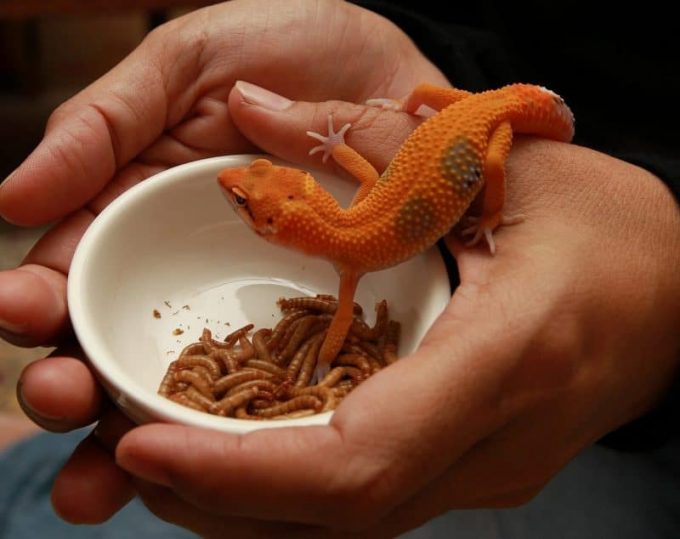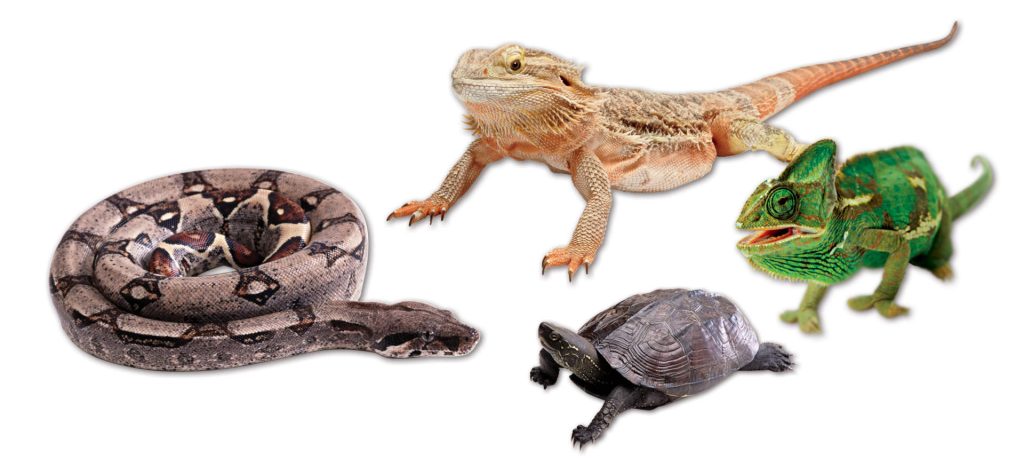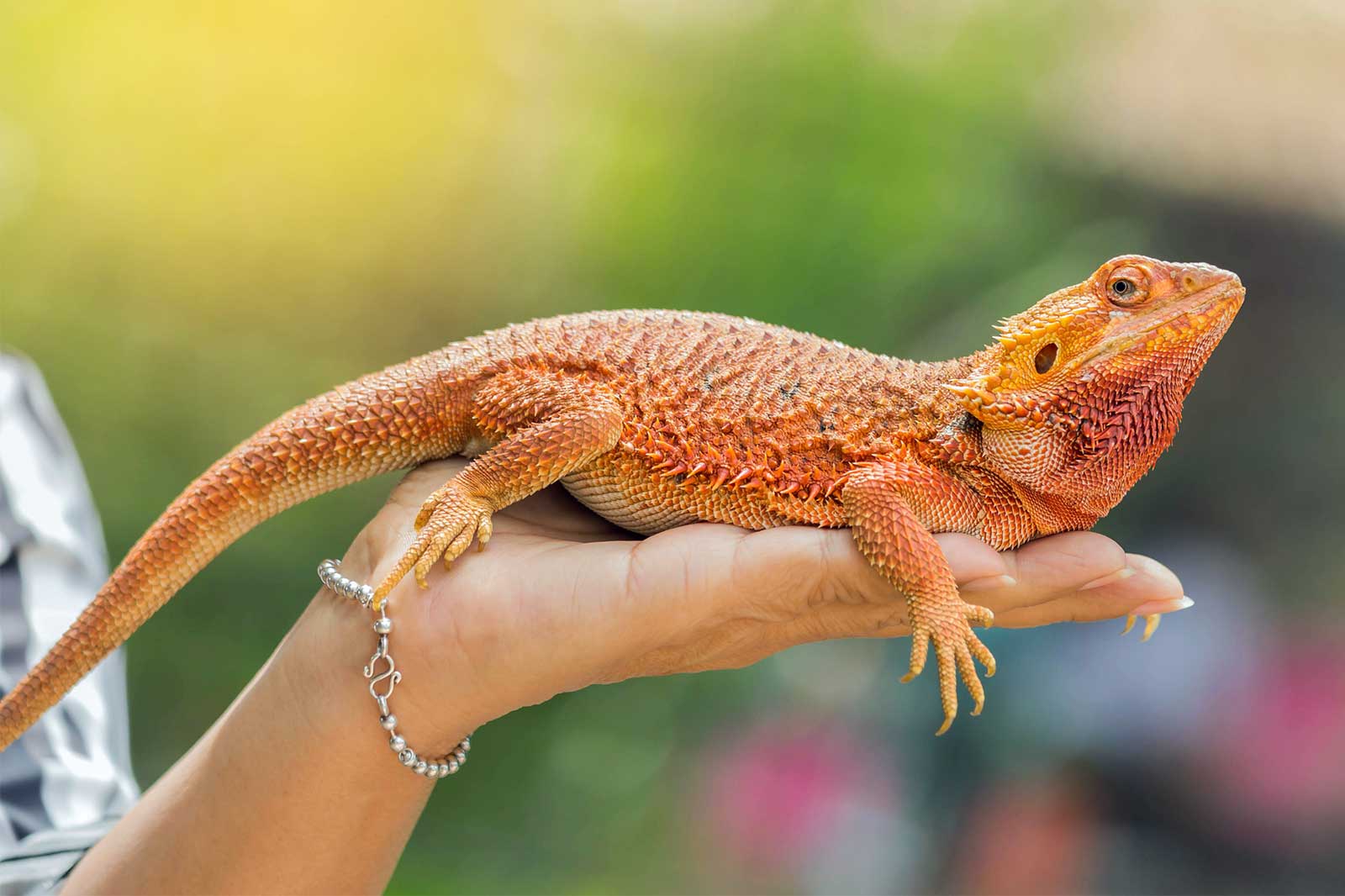Owning a pet may bring a great deal of happiness for many of us. Typically, cats and dogs are likely to be the first pets that spring to our minds. Reptiles can make excellent pets as well.
However reptiles, regardless of their species, can be lethal. A wise pet owner is also a well-informed pet owner. Being aware of the risks and knowing how to avoid them can go a long way toward keeping you and your loved ones safe. A reptile pet is not the best pet for someone who is not confident in their ability to deal with them. Here are some useful tips that can help you if you prefer to have snakes, lizards, turtles, or any other reptile as a pet.
Do Some Preliminary Research
It is advisable to do some basic research before beginning your journey of owning a reptile pet. Different kinds of reptiles have unique nutritional requirements. Before you purchase and bring your reptile pet home, you must be aware of all its unique characteristics and needs, and be ready to make accommodations to ensure that your reptile is safe and happy. Avoid possessing a reptile pet if you’re not prepared to put in the necessary effort. So, before making a final choice, find out how frequently it needs to feed, what it eats, and what its additional requirements are before making a final selection.
Treat them properly
Reptiles are living animals, and as such, they should be treated the same way as any other living thing. Begin with a smaller reptile pet when you’re not confident in your ability to care for a bigger one. Establishing a working connection with a competent herpetologist who has previous experience handling reptiles is another crucial step. The majority of herpetologists would be delighted to assist beginner reptile owners on how to properly take care of their pets.
Understand their Nutritional Requirements
The majority of reptiles require fresh food. The food varies depending on the kind of reptile you have; some need mealworms and mice, while others demand a diet mainly composed of fruits and veggies. Dubia roaches or live mealworms are an excellent supplement to a pet reptile diet. They are easy to raise and care for, making them a perfect choice for first-time pet owners. Pets benefit from them as well since they provide a good source of proteins and other nutrients.
While some professionally prepared reptile meals are commercially available, it is better to avoid them and instead provide your reptile pet with fresh nutrients. You can also give them leafy greens or other fruits and veggies that you can grow in your home garden. With so many ideas available online, there has never been a better time to try your hand at homemade pet foods. Making your own homemade food and keeping it in a reusable, sealed container is an excellent method. Further, it is eco-friendly to prepare homemade pet food since it doesn’t involve plastic packaging, transport or chemical processing.

Take Care of Your Reptile Pet with Confidence
Whether you are new to reptile ownership or have had this kind of pet for years, confidence in how you handle your reptile is essential. Having confidence in treating your pet reptile enables your reptile to feel more at ease with you and vice versa. Your nervousness will be visible in your body language and your pet will notice that. If you are uncomfortable with a specific kind of reptiles such as snakes or lizards, avoid keeping it as a pet. There are many kinds of reptiles to select from, so never use your pet ownership decisions to overcome a phobia of a particular species.
Understand How to Handle your Reptile Pet
Take care not to grasp your reptile pet by the tail while handling it or remove it from its cage. This movement will give excessive animal stress. It will leave the body unbalanced, leading them to become fearful, and they can respond by going into defensive mode.
Reptiles have exceptional sense organs. As a result, they can detect even the most subtle smells. If your hand seems to have the smell of prey on it, the reptile will be more likely to mistake it for a source of food than anything else. You must thus wash your hands well after handling any animal you give as food for your pet if you don’t want to risk being bitten. Keep your hands clean when touching your pet to avoid introducing germs and other pollutants into your reptile’s living environment.
Avoid Utilizing Head Restraints
If you try to employ a head restraint on a pet reptile, it will undoubtedly see your actions as a predatory move. It will make your pet afraid of you, which will result in an unpleasant experience for both you and your pet.

Keep an Eye on the Temperature
Reptiles are inherently ectothermic, which means that they control their body temperature by drawing energy from the environment. In general, the temperatures in most indoor rooms are too cold for a reptile to be comfortable. So, leaving it out of its habitat for extended periods may be detrimental to your pet’s health. Keeping your reptile pet out of its cage for less than 30 minutes at a time can help to ensure that it maintains an appropriate body temperature. Check with your local pet shop or a herpetologist to determine if you will need to purchase a heat lamp to regulate the temperature of the reptile’s enclosure. Further, make sure you provide an eco-friendly habitat for your reptilian pet.
Keep an Eye on Humidity
You must carefully monitor the humidity level in your reptile’s habitat if you want to ensure that it is healthy and comfortable. Arid environments may create severe health issues for lizards and snakes, ultimately resulting in their deaths. The presence of dangerous germs or fungi in excessively wet environments is a concern. In their natural environment, if they are exposed to excessive humidity, reptiles may limit their exposure by burrowing or migrating to a microenvironment. However, since they are in captivity, it is your responsibility to do it for them.
Keep an Eye on Lighting
There is a need for proper lighting in the care of a pet reptile. Even though they are cold-blooded animals, they depend on the heat provided by ultraviolet rays and the natural cycle of day & night to survive. Consequently, you must supply the appropriate kind of lighting for your reptile to stay healthy and alive.
We can adopt many minor adjustments in our daily lives to improve our environmental livability, including how we care for our pets. Further, when creating enclosures or other habitats, you can use natural products, to make them more eco-friendly.
